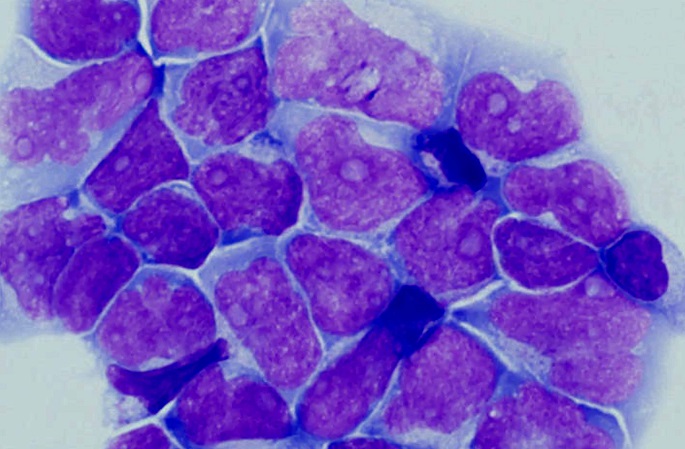Aggressive NK-cell leukemia (ANKL)
Research finds new treatment options for ANKL
Published : 20 Apr 2018, 01:42
Updated : 20 Apr 2018, 13:50
An international research consortium led by researchers from the University of Helsinki has discovered new information about a rare form of leukemia called aggressive NK-cell leukemia.
Potential new treatment options have been found which are highly warranted as currently this disease usually leads to rapid death of patients, said a press release issued by the University of Helsinki.
Aggressive NK-cell leukemia (ANKL) is a cancer in which leukemia cells consist of natural killer cells, a part of our immune system in normal conditions.
The disease is very rare and aggressive: with the current treatment options (cytostatic drugs and hematopoietic stem cell transplantation) patients usually survive only a couple of months. This leukemia type is more common in the Asian population. However, related diseases such as NK/T-cell lymphomas occur also in Western countries.
Together with Japanese, South Korean, Taiwanese and US research teams, the researchers from the University of Helsinki aimed to discover which genetic defects are typical in this type of leukemia.
“ANKL patients often had mutations in the STAT3 and DDX3X genes which points towards partly shared genetic background with other NK- and T-cell malignancies,” said Professor Satu Mustjoki whose group initially discovered somatic STAT3 mutations in LGL leukemia.
By comparing the exome sequencing data from ANKL patients to previously published datasets from NK/T-cell lymphoma patients, researchers have also uncovered novel gene amplifications in the JAK-STAT signalling pathway. In some cases, the amplified regions in the genome also included the PD-L1 gene which has therapeutic potential. In other lymphoma types, tumours with amplifications in the PD-L1 gene have responded well to novel immune checkpoint inhibitor therapies.
Researchers also aimed to discover novel potential drugs for the treatment of ANKL by testing the ability of over 400 different drugs to kill malignant and normal NK cells in cell culture conditions. Some potential drug candidates have been discovered: NK cells were especially sensitive for drugs which inhibit JAK tyrosine kinases and anti-apoptotic BCL family members. JAK inhibitors inhibit the same signalling pathway in which genetic alterations were discovered in ANKL patients.
“JAK inhibitors, currently used in the treatment of rheumatoid arthritis and some other haematological diseases, could potentially improve the treatment of various NK-cell malignancies,” said PhD student Olli Dufva who is the first author of the research publication.


